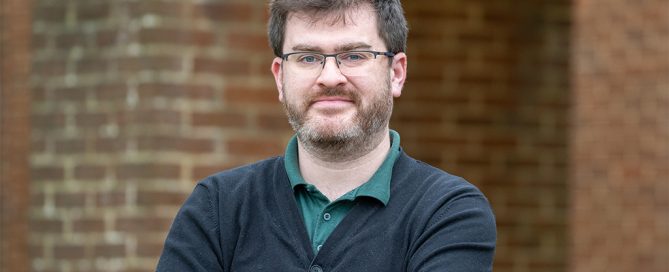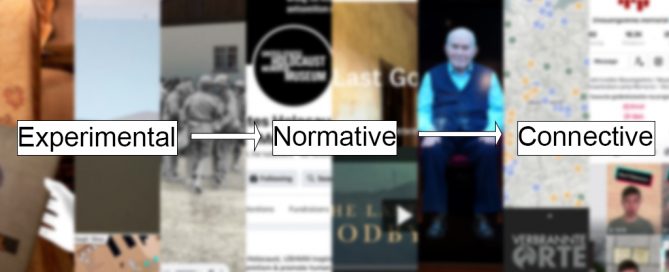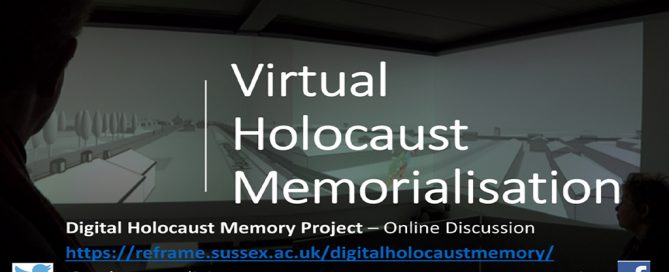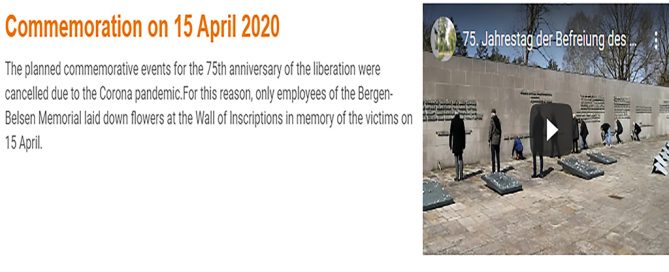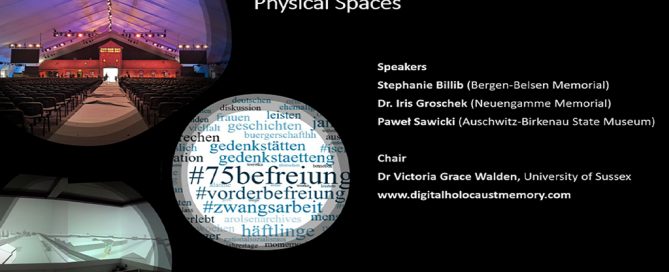Indexing the World’s Digital Holocaust Projects: the Historian’s View
by Alex Sessa In 2025, the Landecker Digital Memory Lab will launch the world’s first ‘living database-archive': a perpetual, searchable resource of the world’s digital Holocaust education and commemoration initiatives. As we embark on this monumental project, read about the linguistic and ethical challenges this task brings from the view of our historian-indexer. We live in an age in which the Holocaust is quickly receding from living memory. At a time when the youngest survivors are in their eighties and nineties, lived experience of this past is quickly disappearing. Heritage organisations are, therefore, exploring digital technologies as a means of making Holocaust memory accessible. Here at the Landecker Digital Memory Lab, we have created digital walkthroughs of emerging digital projects at Holocaust sites across Europe, the US and Australia (to date). The purpose of these projects is to enhance understanding of developing trends in Holocaust memory culture to learn and to commemorate. The purpose of our living database-archive is to help professionals working in Holocaust memory and education organisations, and their creative partners learn from existing practice, and to help academics easily access the global range of projects. Our digital recordings offer a guide, or a blueprint for digital projects [...]
